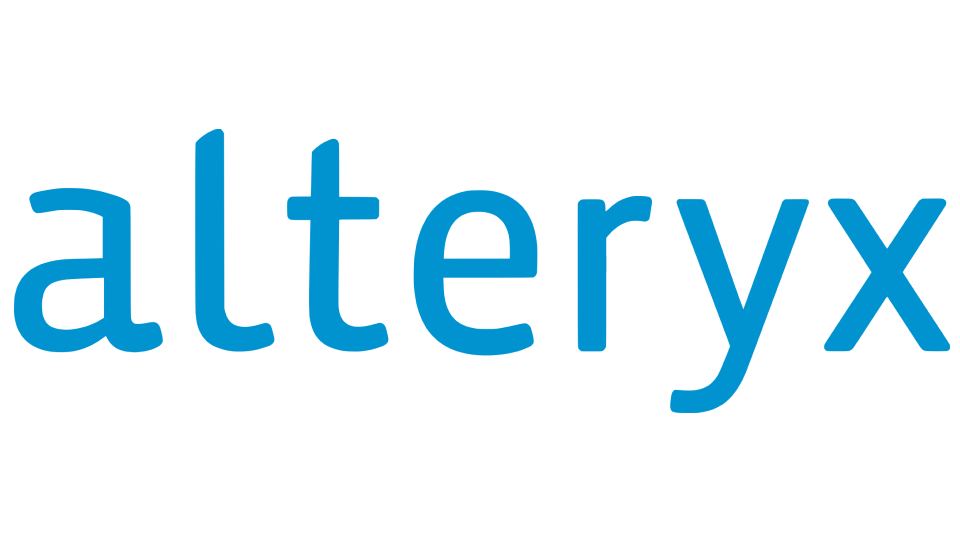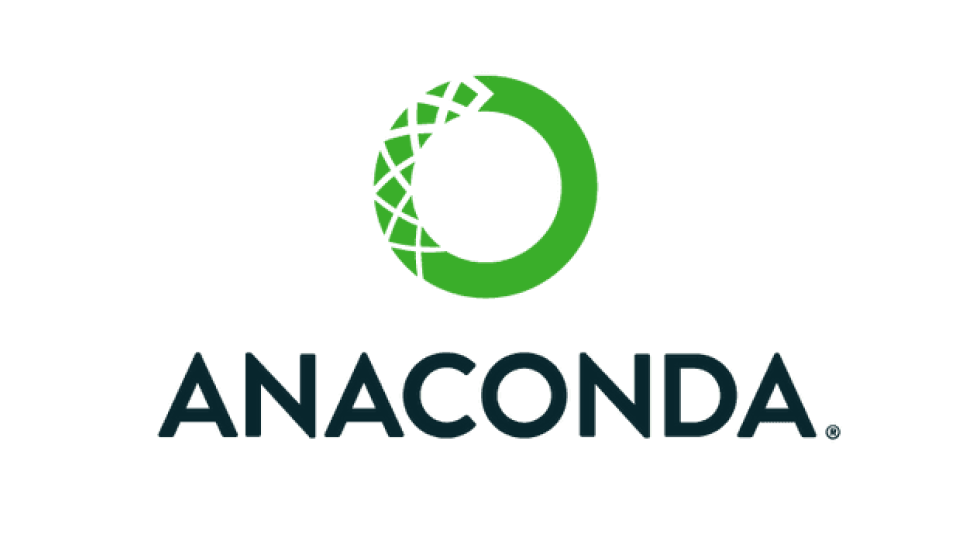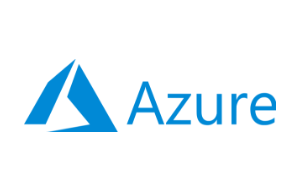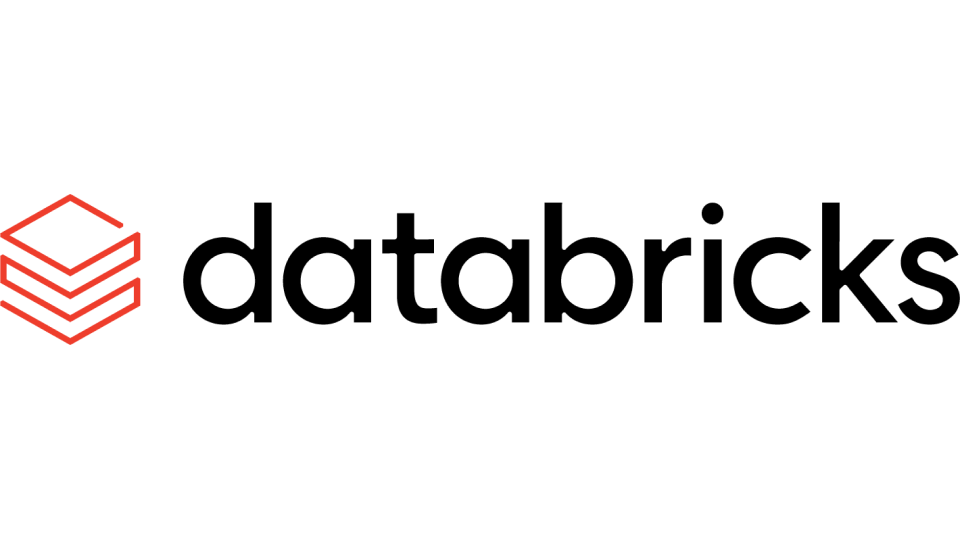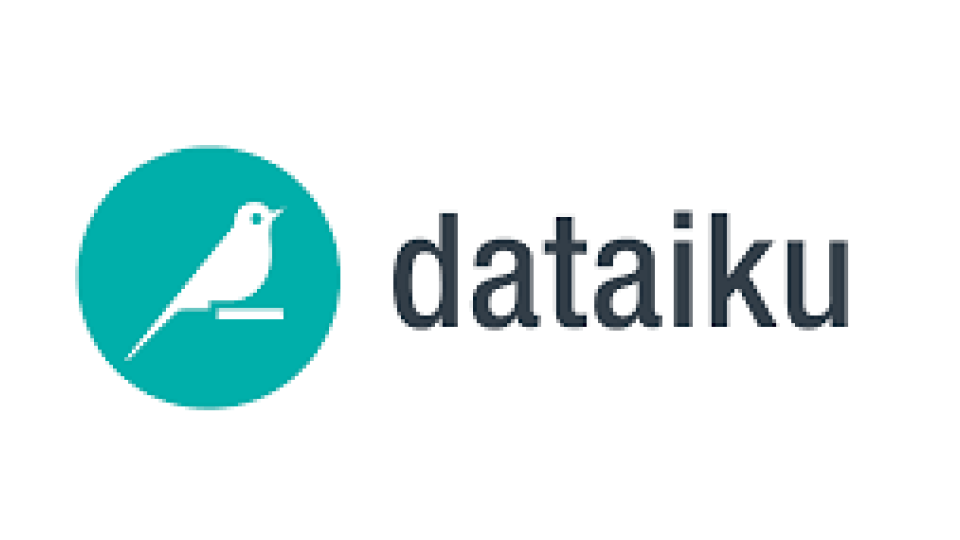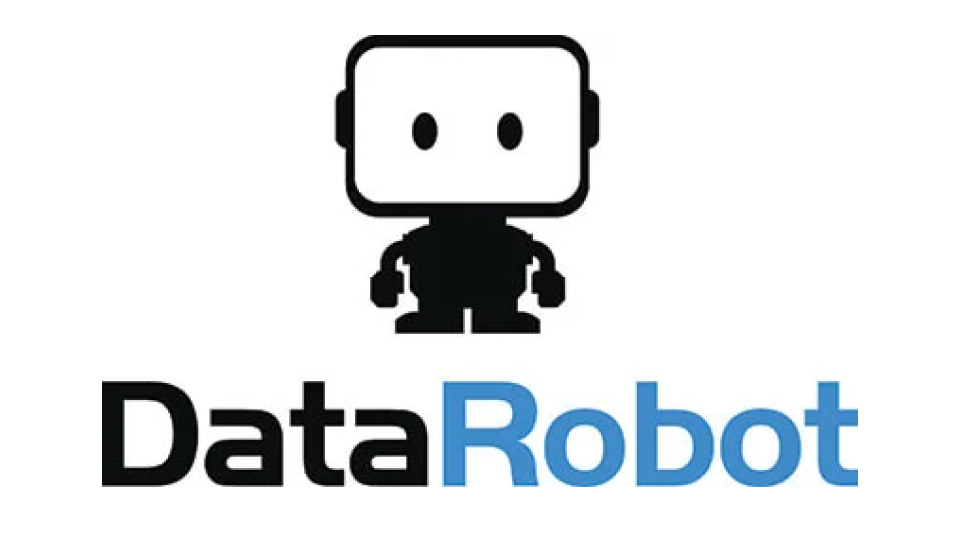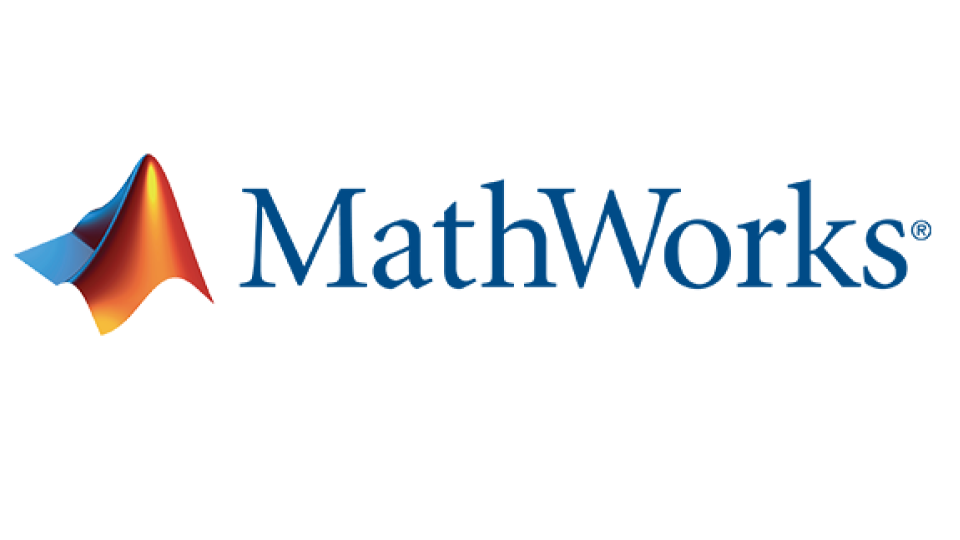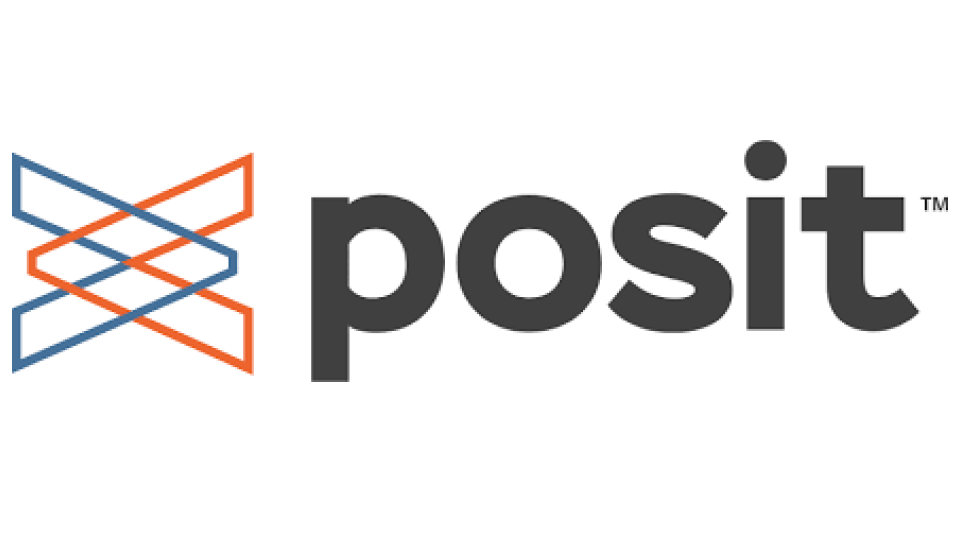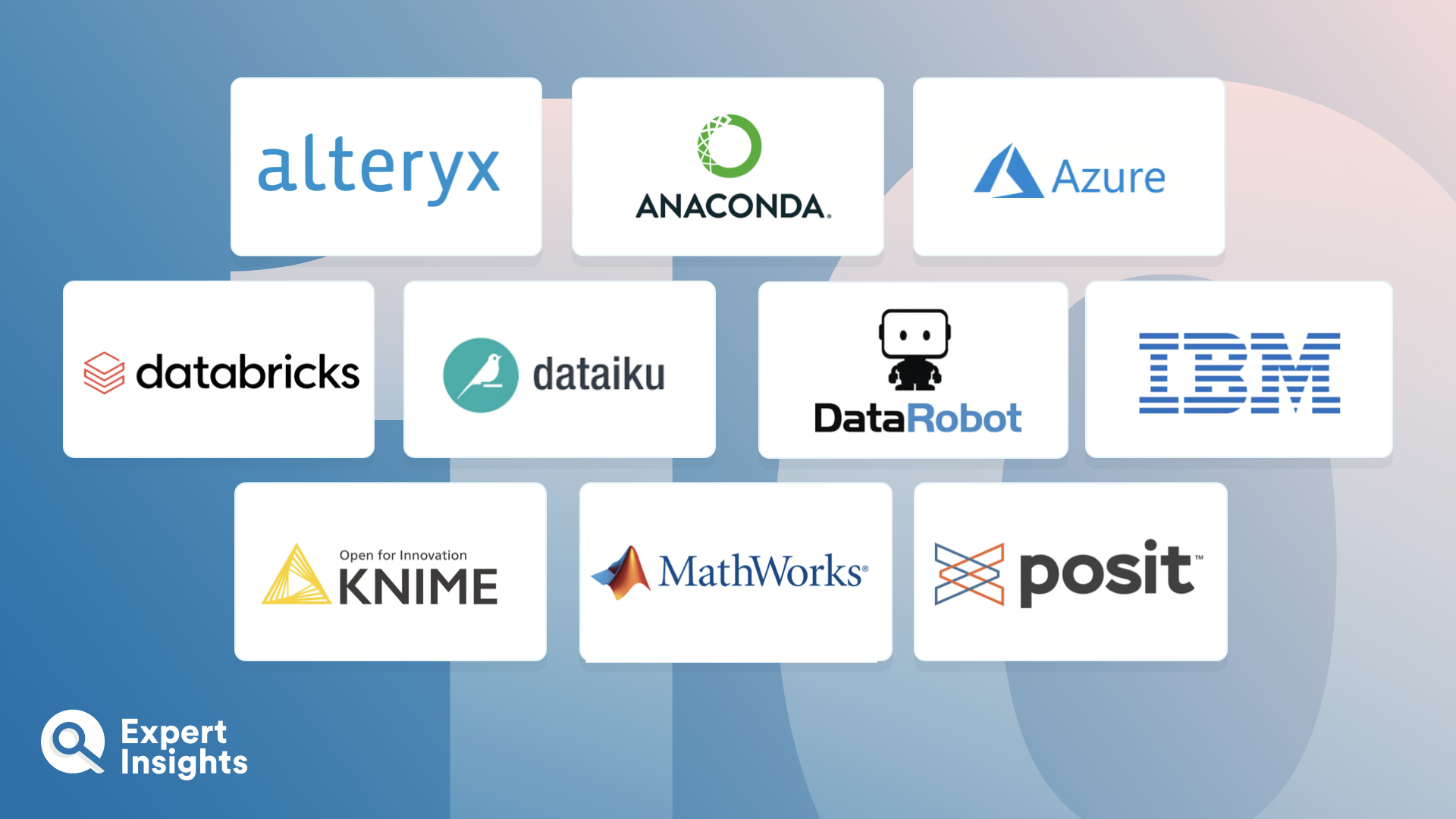Data Science and Statistics solutions enable organizations to extract essential insights from large quantities of data, turning that information into actionable strategies and decisions. Implementing a data science and statistics solution can lead to various benefits such as improved business efficiency, better customer understanding, risk management, and innovation in products and services. When effectively deployed, Data Science and Statistics toolkits can aid in generating probabilistic predictions, spotting trends, and making sense of unstructured data.
Data Science and Statistics solutions are delivered by numerous providers, and they work by combining various algorithms and statistical methods that manage, analyze, and interpret vast amounts of information. When an organization wants to extract insights from its data, these solutions can sift through structured and unstructured data, find meaningful patterns, and generate comprehensible reports. If the data is inconsistent or irrelevant, it may require pre-processing steps such as data cleaning, integration, reduction, and transformation.
From a user’s perspective, these solutions mean you have a mechanism to understand complex data patterns and gain insights, enabling better decision-making processes. Once analyzed, you can use the interpreted data for various business applications like customer segmentation, market basket analysis, and fraud detection. Users no longer need to search through complex databases and raw numbers; these automated tools deliver actionable insights efficiently.
The Data Science and Statistics solutions market is highly competitive, with a plethora of providers offering diverse solutions. These solutions are often integral components of more extensive data analytics and business intelligence platforms, and may also include features like predictive modeling, data mining, and artificial intelligence. This guide will assess the top providers in the field of Data Science and Statistics, comparing their features and data processing capabilities to help you select the right tool for your use-case.



